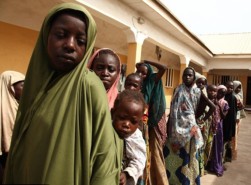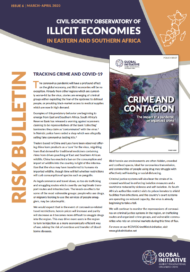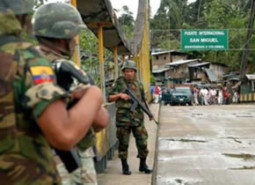Event Details
Posted on 24 May 2016
The United Nations Interregional Crime and Justice Research Institute (UNICRI), in partnership with the Thailand Institute of Justice (TIJ) hosted a meeting from 11-13 May, 2016, in Bangkok, to examine the nexus between organised crime and terrorism and to define better policy and programmatic responses. The meeting brought together both representatives from a range of states and international experts with specialised knowledge of organised crime and terror groups in a number of different regional contexts. The participants were challenged to review the current evidence basis and conceptual theories around the nexus, to test them against their own areas of expertise, and to draw from their knowledge of lessons learned and best practices to propose a series of programme priorities.
In the keynote address to the conference, Global Initiative Director Mark Shaw argued that while the use of violence is often used as the defining feature of a terrorist group, in fact organised crime groups also use violence and a strategic way, and one that is not dissimilar to terrorist groups. Firstly, they use symbolic violence and killing to send messages about local authority and control; secondly that innocent victims are often subject to criminal violence; and finally, like terrorist groups, the goal of organised crime’s use of violence is often to influence political decision making around the allocation of resources. In this he puts forward a third means by which to analyse the nexus between organised crime and terror groups, based upon their strategic use of violence – adding to Tamara Makarenko (the relationship between organized crime and terrorism as a continuum) and Louise Shelley (the ‘Unholy Trinity’ where, through corruption and complicity of state actors, criminal and terrorist groups grow in symbiosis with state institutions).
A Framework for Response
The meeting concluded with a number of identified priority areas where responses would need to be strengthened to address the organised crime and terrorism nexus. These can be loosely divided into three areas:
- building the evidence basis,
- promoting local engagement, and
- building capacity of state and non-state actors.



